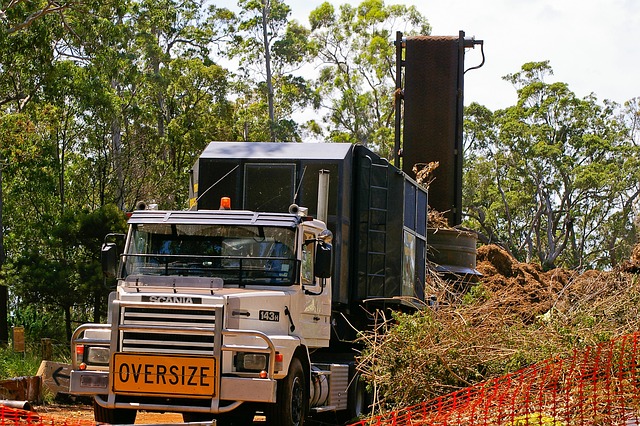Understanding the Power of Mulching in the Fight Against Desertification
As we step into an uncertain future shaped by climate change, the conversation around sustainable environmental practices has never been more critical. One such practice that is gaining significant attention is mulching. This environmentally-friendly approach serves not only to beautify our gardens but also plays a vital role in combating desertification.
The Desperate Situation of Desertification
Desertification is a silent enemy; it strips the land of its fertility, leading to reduced agricultural productivity and vast swathes of barren earth. This crisis disproportionately affects vulnerable communities, often those who depend solely on the land for their livelihoods. With climate change exacerbating these conditions, it is urgent for us to seek innovative solutions. This is where the power of mulching comes in.
What is Mulching?
Mulching involves covering the soil with organic or inorganic material, creating a protective layer that enhances soil health. It can be made from a variety of materials, including straw, wood chips, grass clippings, and even recycled waste. The impact of mulching on the environment is profound, addressing several key factors that contribute to desertification.
Benefits of Mulching
- Soil Moisture Retention: One of the primary benefits of mulching is its ability to retain soil moisture. This is crucial in arid and semi-arid regions where water scarcity is a pressing challenge. By reducing evaporation, mulching ensures that plants have access to the moisture they need to thrive.
- Temperature Regulation: A layer of mulch helps to insulate the soil, keeping it cooler in the summer and warmer in the winter. This temperature regulation is essential for sustaining plant life, which in turn contributes to healthier ecosystems.
- Weed Suppression: Mulching acts as a natural barrier to weeds, reducing competition for nutrients and water. This allows native and desirable plants to flourish while minimizing the need for chemical herbicides, which can further degrade the soil.
- Fertility Improvement: As organic mulches decompose, they enrich the soil with vital nutrients. This natural fertilization process fosters robust plant growth and enhances biodiversity, creating a more resilient ecosystem.
- Carbon Sequestration: Mulching plays a significant role in carbon sequestration. By restoring organic matter to the soil, it helps to capture carbon dioxide from the atmosphere, mitigating the adverse effects of climate change.
Implementing Mulching Practices
Adopting mulching practices can be an empowering action for individuals and communities alike. Simple steps can make a massive difference, whether you’re a homeowner looking to improve your garden or a farmer aiming for sustainable agriculture. Consider starting with local organic materials that are readily available and beneficial for your specific region.
Moreover, education around mulching can help foster community engagement. As more individuals understand the benefits of this practice, the collective effort impacts larger landscapes, helping to restore degraded areas and resisting the march of desertification.
In a world increasingly affected by climate change, sustainable practices like mulching offer hope. They remind us that even small actions can accumulate to create a significant impact, and together, we can foster a healthier planet for generations to come.



